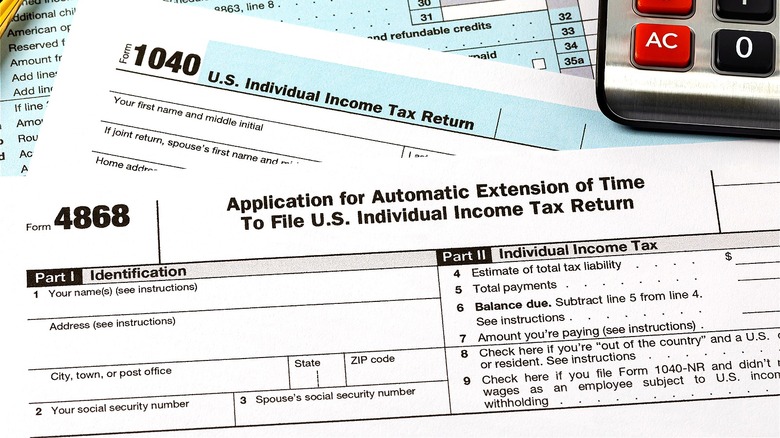Table of Contents
- How to file a tax extension in USA – TechStory
- 2018 Deadline for Federal Income Tax Extension Approaching - Joshua ...
- Get an Extension for Filing Taxes: Steps to Postpone Your Deadline
- How Many Times Can You Ask For An Extension On Your Taxes?
- File Free Tax Extension 2022 {April} Get Process Step By Step!
- Tax extension grunge rubber stamp on white background, vector ...
- Tax Extension Form - Cam Noelani
- Do I Need to File a Tax Extension?
- How To File For A Tax Extension - New Haven Register
- File Free Tax Extension 2022 {April} Get Process Step By Step!



Why Do You Need an Extension?




How to Request an Extension


What to Do After Requesting an Extension
Once you've requested an extension, you'll have until the new deadline to file your tax return. Make sure to: Gather all necessary documents and information Complete your tax return accurately and thoroughly File your tax return by the new deadline Pay any taxes owed, including interest and penalties, if applicable
Penalties and Interest
If you fail to file your tax return or pay your taxes on time, you may be subject to penalties and interest. The IRS charges a failure-to-file penalty of 5% of the unpaid taxes for each month or part of a month, up to 25%. You may also be charged interest on your unpaid taxes. Requesting an extension to file your tax return can provide much-needed relief if you're struggling to meet the original deadline. By following the steps outlined above and filing Form 4868, you can get an automatic six-month extension to file your tax return. Remember to gather all necessary documents, complete your tax return accurately, and file by the new deadline to avoid penalties and interest. Don't miss the deadline – request an extension today and ensure you're in compliance with the IRS.For more information on requesting an extension to file your tax return, visit the Internal Revenue Service website or consult with a tax professional.
Note: The content of this article is for general information purposes only and should not be considered as tax advice. It's always recommended to consult with a tax professional or the IRS directly for specific guidance on your individual tax situation.